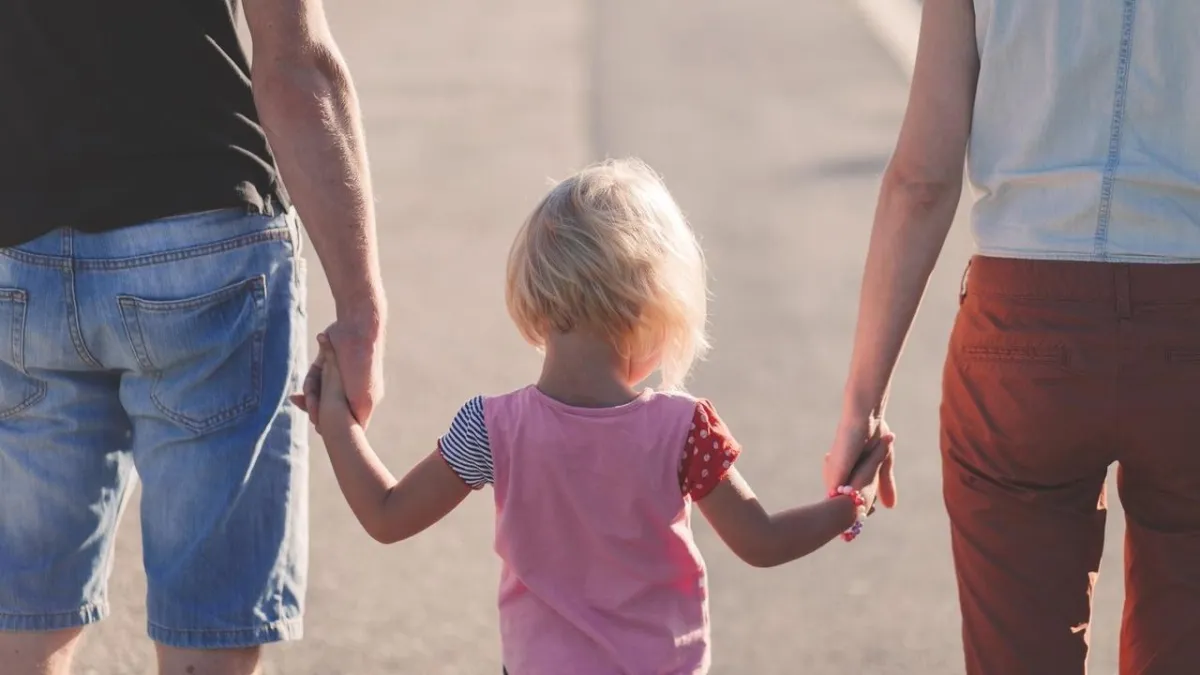
Family of Origin and Our Relationships
Navigating the Shadow of Narcissistic Parents: Healing and Understanding
Growing up with a narcissistic parent can deeply impact an individual's emotional health and relationships. In this blog, we explore how the family of origin shapes one’s interpersonal dynamics and the long-term effects of being raised by a narcissist.
The Influence of Family Dynamics on Personal Development
Learning Relationship Dynamics
Our family is our first social group where we learn the dynamics of relationships. Observing how our parents interact, whether in harmony or discord, sets a foundation for our understanding of love and respect. It’s important to recognize how these early experiences shape our expectations and behaviors in later relationships.
Effects of Parental Treatment in Childhood
How we were treated by our parents during childhood — whether we were praised, ignored, or criticized — also plays a crucial role in our self-esteem and emotional development. The way a parent celebrates or undermines a child's achievements can significantly influence their confidence and self-worth as they grow.
The Impact of Narcissistic Parenting
Characteristics of Narcissistic Personality Disorder
Narcissistic Personality Disorder (NPD) is marked by an inflated sense of self-importance, a deep need for admiration, and a lack of empathy. Children raised by narcissistic parents often experience conditional love, which may lead to difficulty in forming healthy romantic partnerships.
Common Behaviors of Narcissistic Parents
Narcissistic parents often exhibit behaviors that can be emotionally damaging to their children. These include:
Using guilt as a control tool.
Violating personal boundaries.
Taking credit for their children’s achievements.
Ignoring or trivializing their children's feelings.
Engaging in manipulation, such as gaslighting.
Challenges Faced by Children of Narcissistic Parents
Children of narcissists frequently struggle with trust issues, anxiety, depression, poor boundaries, and codependency. They may become people pleasers or develop a fear of taking risks, often replicating the dysfunctional relationship dynamics they observed in childhood in their adult relationships.
Steps Toward Healing
Healing from the emotional abuse of a narcissistic parent is essential. Creating boundaries, seeking therapy, participating in support groups, and exploring healing practices like Reiki can help survivors reclaim their self-worth and foster healthy relationships. Recognizing that the abuse was not their fault and that they deserve unconditional love is a vital part of this journey.
Conclusion
Understanding the effects of narcissistic parenting is crucial for healing and moving forward. By acknowledging past pain and working through these issues, individuals can avoid repeating harmful patterns and build healthier, more fulfilling relationships.

Family of Origin and Our Relationships
Navigating the Shadow of Narcissistic Parents: Healing and Understanding
Growing up with a narcissistic parent can deeply impact an individual's emotional health and relationships. In this blog, we explore how the family of origin shapes one’s interpersonal dynamics and the long-term effects of being raised by a narcissist.
The Influence of Family Dynamics on Personal Development
Learning Relationship Dynamics
Our family is our first social group where we learn the dynamics of relationships. Observing how our parents interact, whether in harmony or discord, sets a foundation for our understanding of love and respect. It’s important to recognize how these early experiences shape our expectations and behaviors in later relationships.
Effects of Parental Treatment in Childhood
How we were treated by our parents during childhood — whether we were praised, ignored, or criticized — also plays a crucial role in our self-esteem and emotional development. The way a parent celebrates or undermines a child's achievements can significantly influence their confidence and self-worth as they grow.
The Impact of Narcissistic Parenting
Characteristics of Narcissistic Personality Disorder
Narcissistic Personality Disorder (NPD) is marked by an inflated sense of self-importance, a deep need for admiration, and a lack of empathy. Children raised by narcissistic parents often experience conditional love, which may lead to difficulty in forming healthy romantic partnerships.
Common Behaviors of Narcissistic Parents
Narcissistic parents often exhibit behaviors that can be emotionally damaging to their children. These include:
Using guilt as a control tool.
Violating personal boundaries.
Taking credit for their children’s achievements.
Ignoring or trivializing their children's feelings.
Engaging in manipulation, such as gaslighting.
Challenges Faced by Children of Narcissistic Parents
Children of narcissists frequently struggle with trust issues, anxiety, depression, poor boundaries, and codependency. They may become people pleasers or develop a fear of taking risks, often replicating the dysfunctional relationship dynamics they observed in childhood in their adult relationships.
Steps Toward Healing
Healing from the emotional abuse of a narcissistic parent is essential. Creating boundaries, seeking therapy, participating in support groups, and exploring healing practices like Reiki can help survivors reclaim their self-worth and foster healthy relationships. Recognizing that the abuse was not their fault and that they deserve unconditional love is a vital part of this journey.
Conclusion
Understanding the effects of narcissistic parenting is crucial for healing and moving forward. By acknowledging past pain and working through these issues, individuals can avoid repeating harmful patterns and build healthier, more fulfilling relationships.

